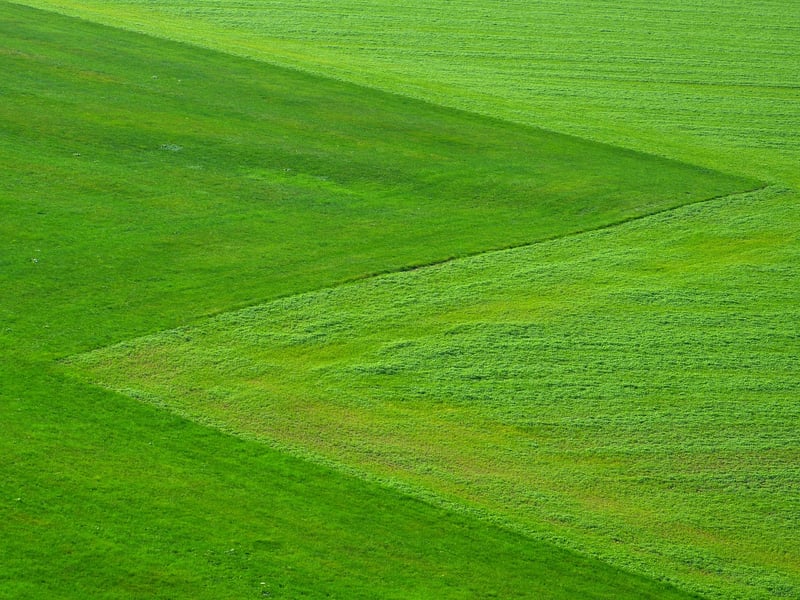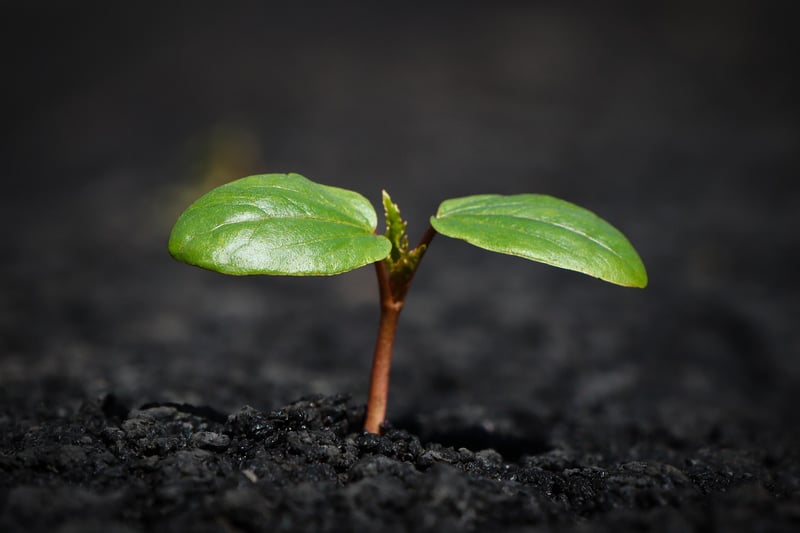Soil Maintenance
#Indoor Plants
#Outdoor Garden
#Plant Health
Essential Guide to Plant Care and Soil Maintenance
Introduction
Keeping your plants healthy and your soil fertile is essential for a thriving garden or indoor plant collection. In this guide, we will explore the best practices for plant care and soil maintenance to help you achieve lush, vibrant greenery.
Plant Care Tips
- Watering: Understand the water needs of each plant species. Overwatering can lead to root rot, while underwatering can cause wilting. Water consistently but adjust based on plant type and season.
- Light: Different plants have varying light requirements. Place sun-loving plants in bright, direct light, while shade-loving plants thrive in indirect or filtered light.
- Pruning: Regularly trim dead leaves and spent flowers to encourage new growth. Pruning also helps maintain the plant's shape and health.
- Fertilizing: Use a balanced fertilizer to provide essential nutrients. Follow the instructions carefully to avoid over-fertilization, which can harm the plant.
- Pest Control: Keep an eye out for common pests like aphids and spider mites. Use natural remedies or gentle pesticides to protect your plants without harming beneficial insects.
Soil Maintenance Techniques
- Soil Testing: Periodically test your soil to check its pH and nutrient levels. Adjust soil acidity with amendments like lime or sulfur as needed.
- Aeration: To improve soil structure and drainage, aerate compacted soil by loosening it with a garden fork or aeration tool.
- Mulching: Apply a layer of organic mulch like bark chips or straw to retain moisture, suppress weeds, and gradually enrich the soil as it decomposes.
- Composting: Start a compost pile to create nutrient-rich humus for your plants. Compost kitchen scraps, yard waste, and shredded paper for a sustainable soil amendment.
- Rotation: Rotate your plants annually to prevent nutrient depletion and disease buildup. Different plant families have varying nutrient needs, so rotation helps maintain soil fertility.
Conclusion
By following these plant care and soil maintenance tips, you can ensure the long-term health and vitality of your green space. Remember to observe your plants regularly, as each may have unique requirements based on species and environment. Happy gardening!


For more information on plant care and gardening tips, visit Royal Horticultural Society.
